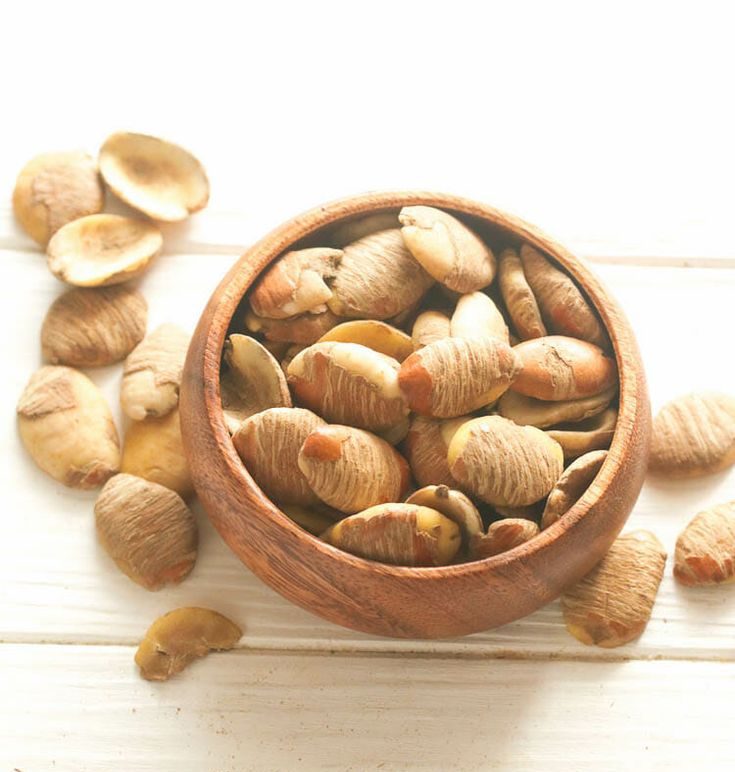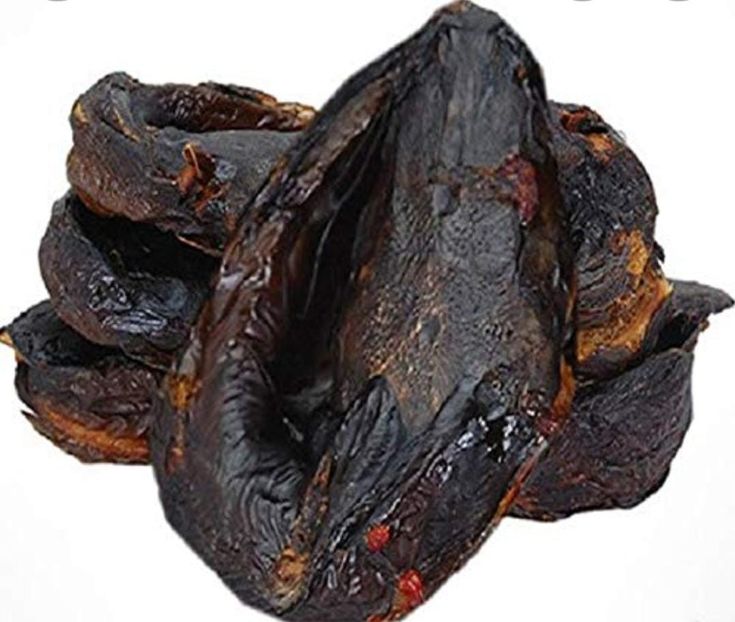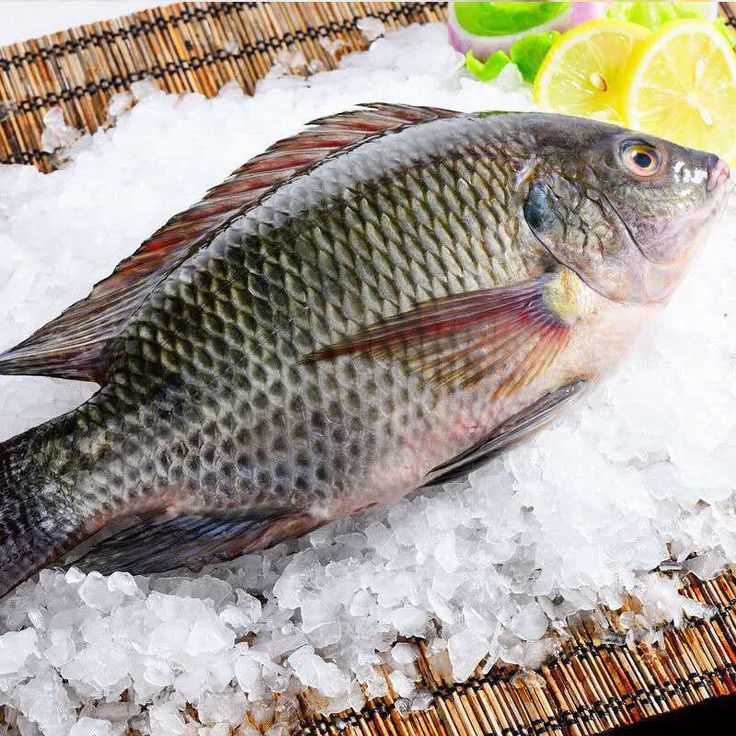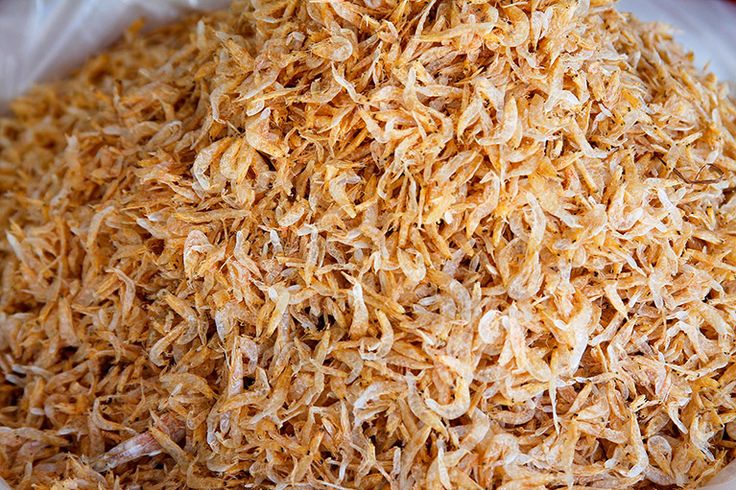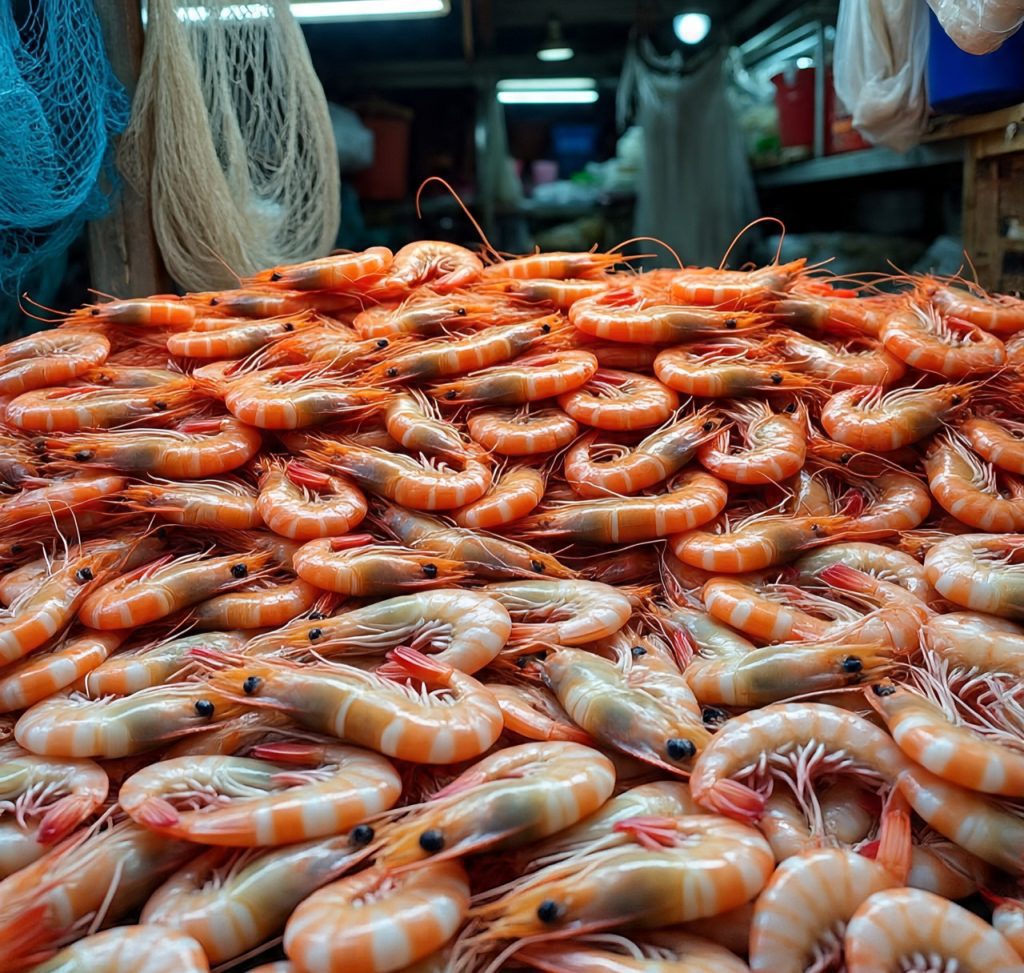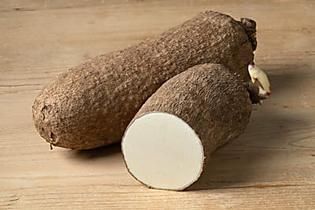What It Is:
Ogbono refers to the dried seeds of the wild mango (Irvingia gabonensis), a native tree found in West and Central Africa. It is highly prized in African cooking for its mucilaginous (slimy) texture when cooked, making it a popular thickening agent in soups.
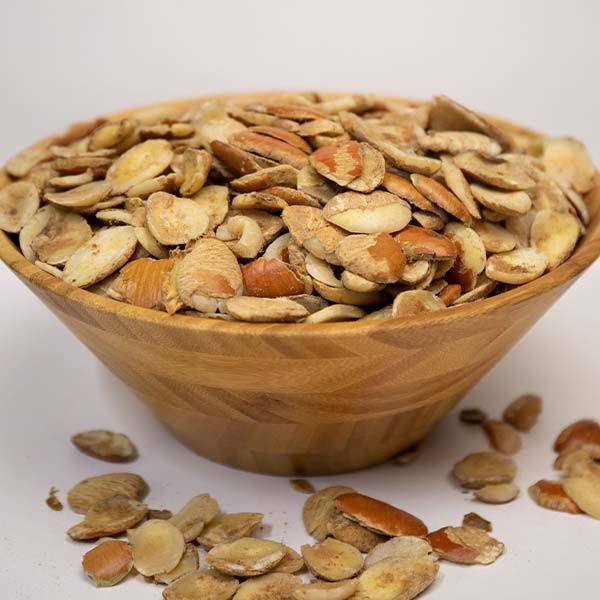
What Export of It Is:
Ogbono export involves sourcing, processing, drying, cleaning, packaging, and shipping the kernels (seeds) to international markets where African food items are in high demand—especially in countries with significant African diasporas such as the UK, US, Canada, and parts of Europe.
Uses:
-
Thickener in soups (especially Ogbono soup, a popular Nigerian delicacy)
-
Used in herbal remedies for cholesterol reduction and weight loss
-
Source of healthy fats and dietary fiber
Packaging:
-
Airtight, food-grade bags or pouches
-
Usually in 0.5kg, 1kg, 5kg, and 10kg sizes for retail
-
Bulk packaging in 25kg or 50kg sacks for wholesale/export
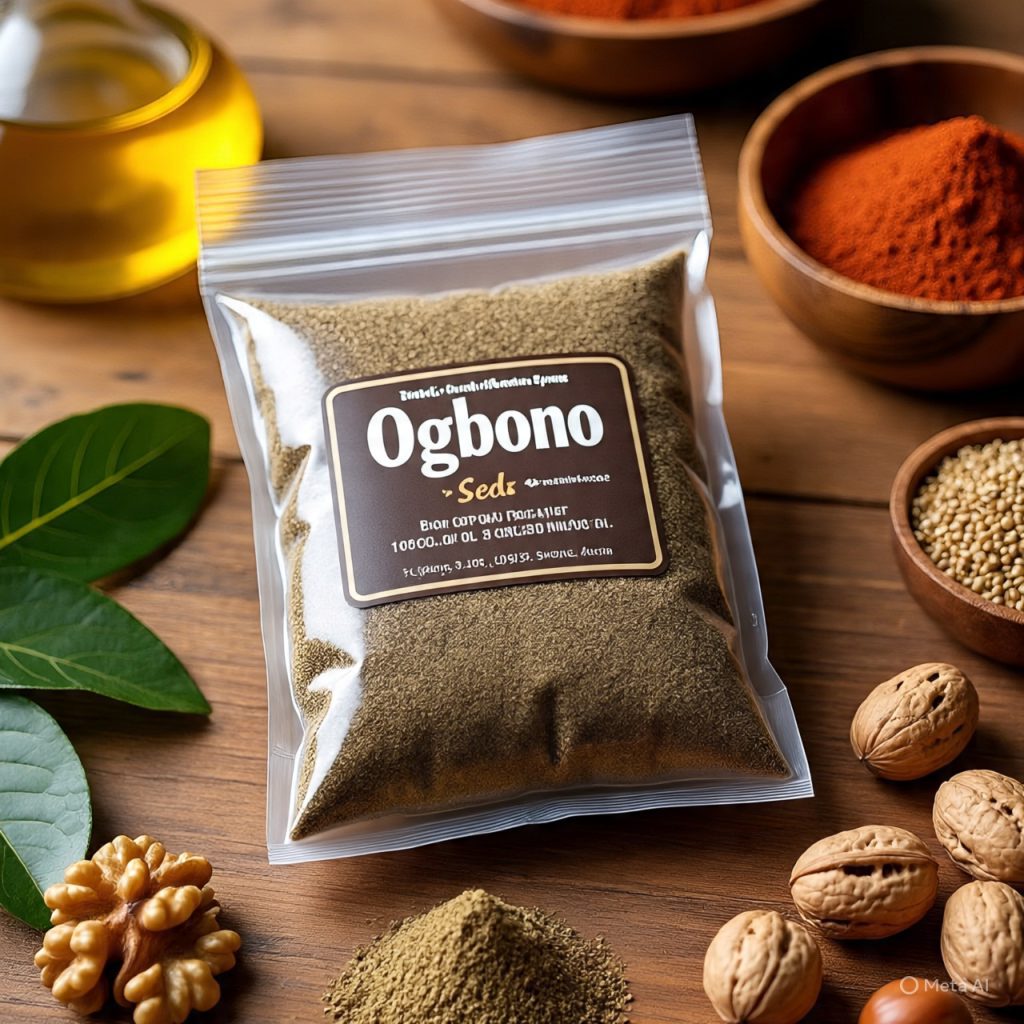
Form for Export:
-
Whole seeds (dehulled)
-
Ground Ogbono (powdered form)
Note: Buyers often prefer whole seeds to avoid adulteration. Powdered form is more convenient but must be properly sealed and labeled.
Shelf Life:
-
Up to 12–18 months when kept in a cool, dry place in airtight packaging
Export Requirements:
-
Must be clean, dry, and free from mold, stones, or insects
-
Proper food labeling and documentation (Certificate of Origin, Phytosanitary Certificate)
-
NAFDAC registration (for Nigeria-based exporters)
-
HACCP-compliant processing facilities are preferred for EU/US market access
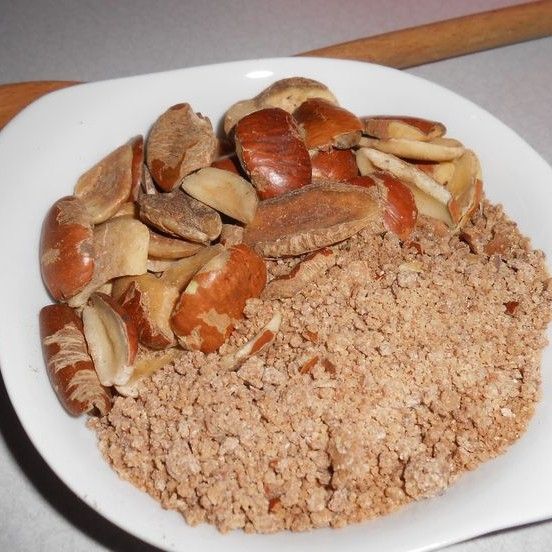
Target Markets:
-
African grocery stores in the UK, USA, Canada, Germany, Italy, France, and UAE
-
Afro-Caribbean restaurants and food processors
HS Code:
-
120799 – Other Oil Seeds and Oleaginous Fruits (Not Elsewhere Specified)

